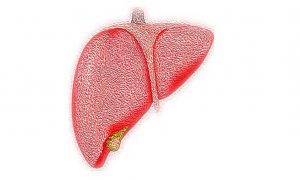The appropriate medication, together with changes in lifestyle and self-help styles, can help manage migraines.
A migraine is a severe headache with intense throbbing pain or pulsating sensations, typically on one side of the head. It often comes with symptoms such as vomiting, nausea and a heightened sensitivity to light and sound. Migraine attacks can last for hours or even days, with pain severe enough to disrupt daily activities.
Read More: What Is Anxiety? Its Causes, Symptoms And Treatment
Some migraines can be prevented or alleviated with medication. The right medications, combined with self-help techniques and lifestyle changes, can be effective in managing migraines.
Migraines affect both children and adults and typically progress through four stages: prodrome, aura, attack and post-drome. However, not everyone with migraines will experience all of these stages.
Read More: Understanding breast density: What women need to know about its impact on cancer risk and screening
Stages of migraine:
- Prodrome:This initial phase can begin up to 24 hours before the headache. Symptoms may include mood changes, constipation, food cravings, increased urination, neck stiffness, fluid retention and frequent yawning.
- Aura:This phase includes sensory, motor, and/or verbal symptoms that can last from five to 60 minutes. An aura can occur before or during the headache.
- Attack:The migraine headache can last from 4 to 72 hours if untreated, with frequency varying from person to person.
- Postdrome:This phase, also known as the migraine hangover, can last from a few hours to 48 hours, with symptoms similar to those of an alcohol-induced hangover.
You could notice minor changes that warn of an approaching migraine, such as – mood changes (from depression to euphoria), constipation, food cravings, increased urination, neck stiffness, fluid retention and frequent yawning.
Here are some of the root causes of migraines:
- Gender Imbalance:Women are more prone to migraines than men, primarily due to hormonal variations.
- Triggers:Various factors such as stress, sleep deprivation, weather changes and strong odours can trigger migraine episodes. Identifying and avoiding these trigger can help manage migraines.
- Genetic Link:Migraines often run in families, suggesting a genetic component that can be passed down from parents to children.
- Auras:Some individuals experience visual disturbances known as auras before or during a migraine attack, although not all migraine attacks include auras.
- Dietary Deficiencies:Deficiencies in nutrients such as magnesium, vitamin B12, vitamin D and omega-3 fatty acids can also contribute to migraine attacks.





































